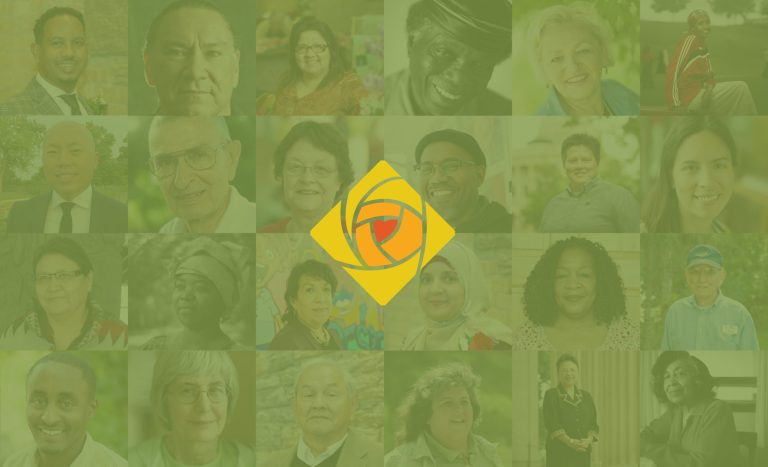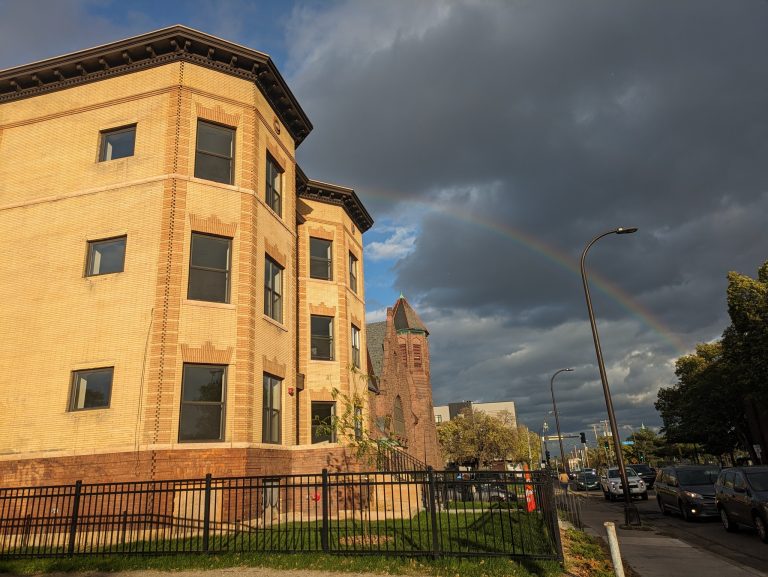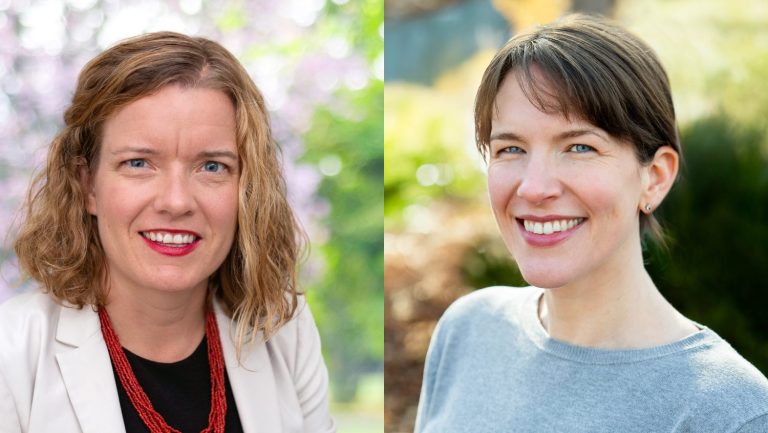With the release of McKnight’s Strategic Framework 2019-2021, we will periodically offer additional context about one specific aspect of the document. Here, Neeraj Mehta, director of learning, shares his reflections on one of the philanthropic approaches featured on page 4 of the full document. Neeraj was part of the board-staff committee that developed the Framework.
At the McKnight Foundation, we have begun looking more deeply at our learning practices to understand how these practices shape our thinking and acting, and to discover where we can improve. In our new Strategic Framework—the document that will guide our direction and decisionmaking for the next three years—the Foundation conveys its deep commitment to learning that comes from diverse sources of facts and knowledge.
It’s likely no surprise that as the Foundation’s first director of learning, I think about learning all the time. Research shows that organizations focused on learning make better choices, have better performance, and adapt better to uncertain conditions and pressures. I believe a deep learning ecology, built across programs individually and the organization as a whole, will strengthen our ability to be, as Kate Wolford, McKnight’s president, often says, “more credible, relevant, and effective.”
Through my role, I am seeking to build the culture, strategy, systems, and know-how that will allow us to learn and adapt alongside others, given the complexities of the world we share.
“…what’s important is not just what we know, but whom we know it with; that when we bring diverse sources of knowledge and diverse people together, we have a better chance of understanding complex issues…” —NEERAJ MEHTA, DIRECTOR OF LEARNING
I believe that learning rooted in equitable principles and strong values can be a catalyst for:
- Appreciating the full value and credibility of traditional knowledge and wisdom that come directly from a community’s culture or experience, rather than define facts and knowledge in a rigidly narrow sense, such as coming from academic research only
- Advancing equity and addressing the history of institutional and structural racism in philanthropy and society
- Making greater progress inside complex adaptive systems that often cannot be well understood or resolved by “expert” research alone, with “expert” narrowly defined as academic or formally conducted research
- Seeing people and communities not as passive beneficiaries, but as actors possessing wisdom, power, and agency
Taking a Both/And Approach
At McKnight, we take a “both/and” approach—valuing scientific evidence, fact-based analysis, and independent data, as well as knowledge from different cultures and vantage points.
I learned some important lessons during my two decades working for social change in community organizing, community development, leading research at a university, and most recently, in my role at McKnight. First, our best thinking is only a starting point for understanding what is happening in the world, gauging the success of our efforts, and determining what should happen next. Second, for us to truly understand a problem and develop a solution, we must look outside our own Foundation walls.
And finally, I’ve learned that what’s important is not just what we know, but whom we know it with; that when we bring diverse forms of knowledge and diverse people together, we have a better chance of understanding complex issues, expanding what we think is possible and necessary, and seeding innovation.
How This Approach Applies to Philanthropy
Learning has become an important component of philanthropic strategy. We view our strategies as emergent rather than static, using shifting context and lessons learned to adapt and adjust in real time. Day to day, it looks like:
- Developing new competencies in our Foundation, and finding new ways to produce and equitably share knowledge across the spectrum of issues we work on and the places where we work
- Rethinking how we, as a foundation, learn with and from our grantee partners, and how our grantee partners learn with and from each other
- Supporting and learning from the Equitable Evaluation Initiative, a national effort to transform how foundations can conceptualize, implement, and apply learning and evaluation in a manner that is consistent with, and that promotes, racial equity
- Supporting existing practices, such as those of our Collaborative Crop Research Program, to ensure that agricultural researchers and networks of farmers are working closely together to address challenges and identify opportunities; or our Arts program staff, who, along with other local funders, are intentionally building community and learning from the Twin Cities Theatres of Color Coalition—shifting practices and patterns in philanthropy that have for too long underinvested in arts organizations led by people of color
At McKnight, we are building our capacity to harness diverse sources of facts and knowledge in service of applied learning. We want to meaningfully take in facts and knowledge that expand how we learn from diverse perspectives, how we represent situations and problems, and how we infer cause and effect. Ultimately, this learning will help us generate more effective strategies to achieve greater systems change—strengthening our own actions and the actions of our grantees and partners.


